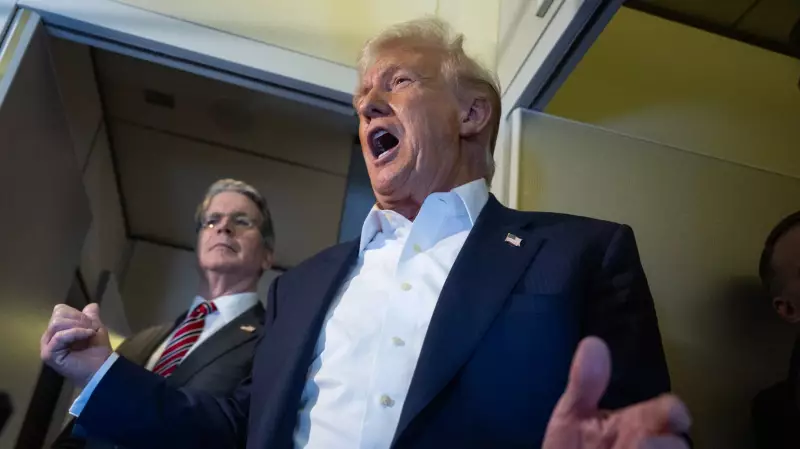
The highest court in the United States expressed significant reservations on Tuesday about the extent of presidential power to impose tariffs without congressional approval. During intense oral arguments, Supreme Court justices from across the ideological spectrum questioned whether former President Donald Trump overstepped his authority when implementing steep tariffs on foreign steel and aluminum.
A Constitutional Showdown Over Trade Powers
The case centers on whether the president possesses nearly unlimited discretion to adjust tariffs under Section 232 of the Trade Expansion Act of 1962. This provision allows the executive branch to impose trade restrictions based on national security concerns.
Several justices appeared troubled by the government's position that the law grants the president essentially unchecked power to reshape trade policy. "This is a recipe for the executive to aggrandize itself," remarked one justice during the heated exchange with government lawyers.
Business Interests Challenge Presidential Authority
The legal challenge was brought by American steel importers who argue the tariffs imposed in 2018 exceeded presidential authority and harmed their businesses. They contend that Congress never intended to give the White House such sweeping power to unilaterally reshape international trade relationships.
The implications of this decision could redefine the balance of power between the executive and legislative branches on trade matters for generations to come.
Conservative and Liberal Justices United in Skepticism
In a rare display of unity, both conservative and liberal justices voiced concerns about the potential consequences of unlimited presidential tariff authority. Questions focused on whether such power could be used to effectively shut down international trade entirely under the guise of national security.
The court's decision, expected by June, could either reinforce presidential trade powers or impose new limits that would require greater congressional involvement in future tariff decisions.





